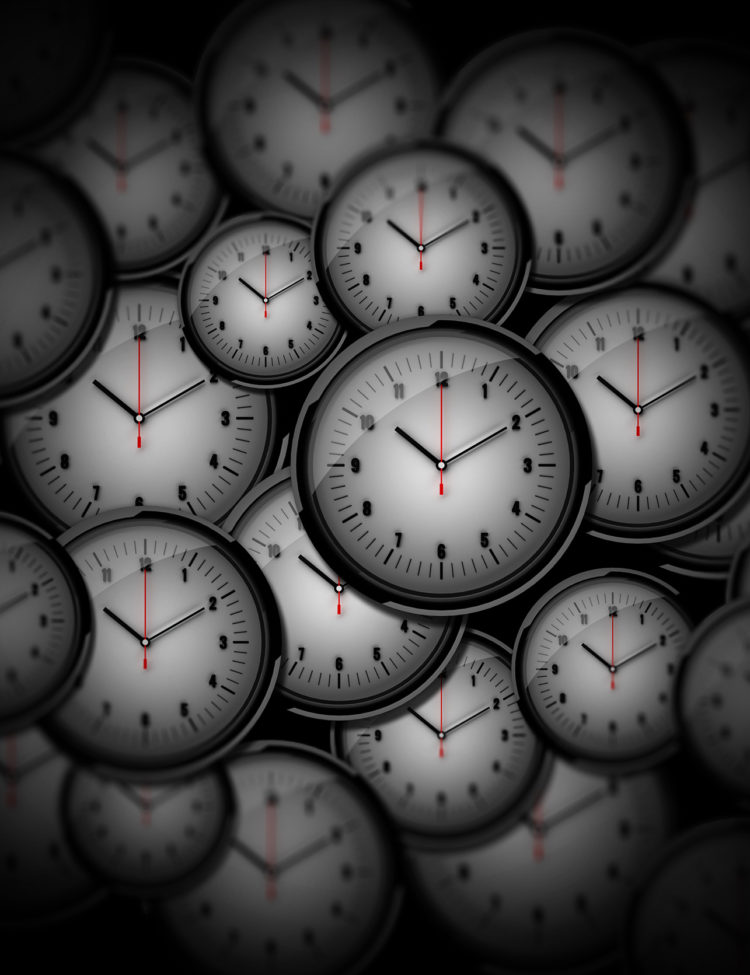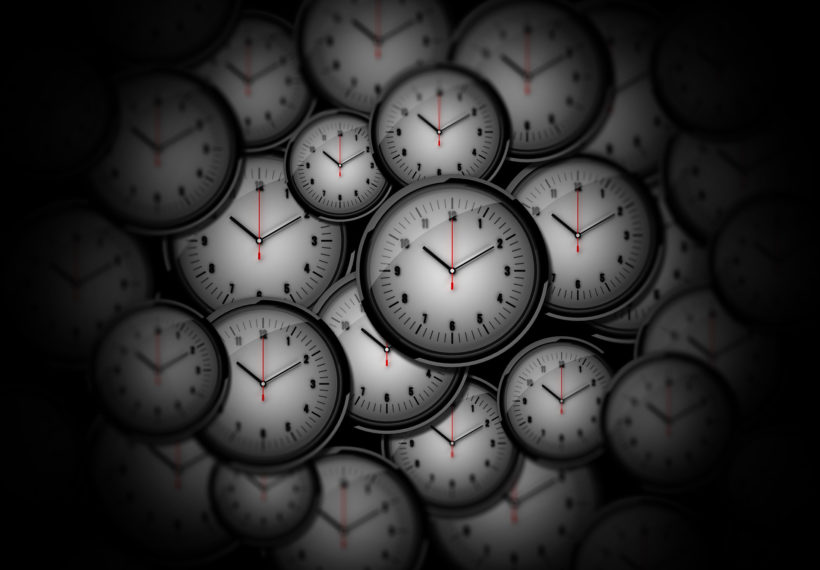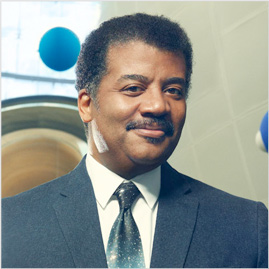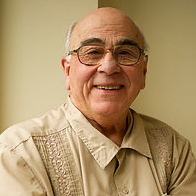About This Episode
What time is it? When did we start keeping time? On this episode of StarTalk Radio, Neil deGrasse Tyson and comic co-host Chuck Nice are exploring timekeeping with Anthony Aveni, the Russell Colgate Distinguished University Professor Emeritus of Astronomy, Anthropology, and Native American Studies.
We start with the basics of time. What’s the difference between taking the measure of time vs. using an activity as a measurement of time? If we didn’t have astronomy, how would we measure time? You’ll learn why there are places in the universe that the measurement of time would be pointless.
Why did the ancients start keeping time? Anthony tells us why it, surprisingly, might have to do with bureaucracy. We investigate how we use atoms to keep the most precise time and what would happen if those atoms change their behavior. If we adjusted the scales of time to make years shorter would that make people happier?
We ponder if aliens visiting Earth might have a different understanding of time. We discuss the film Arrival and explore non-linear time. You’ll learn why Judeo-Christian teachings needed a linear construct of time. Could we get rid of time zones? Anthony explains how high-speed travel created time zones. All that, plus, you’ll find out if we’ll ever be able to go backwards in time.
Thanks to our Patrons Douglas Robinson, Michael Kiddy, Oskari Laine, David Frederick, Tim Shearn, Emily Lindy, Vincent Wright, Jason Kawa, Jennifer Alyssa Aiken, and Melinda Ellis for supporting us this week.
NOTE: StarTalk+ Patrons can watch or listen to this entire episode commercial-free.
About the prints that flank Neil in this video:
“Black Swan” & “White Swan” limited edition serigraph prints by Coast Salish artist Jane Kwatleematt Marston. For more information about this artist and her work, visit Inuit Gallery of Vancouver.




 Unlock with Patreon
Unlock with Patreon


 Become a Patron
Become a Patron